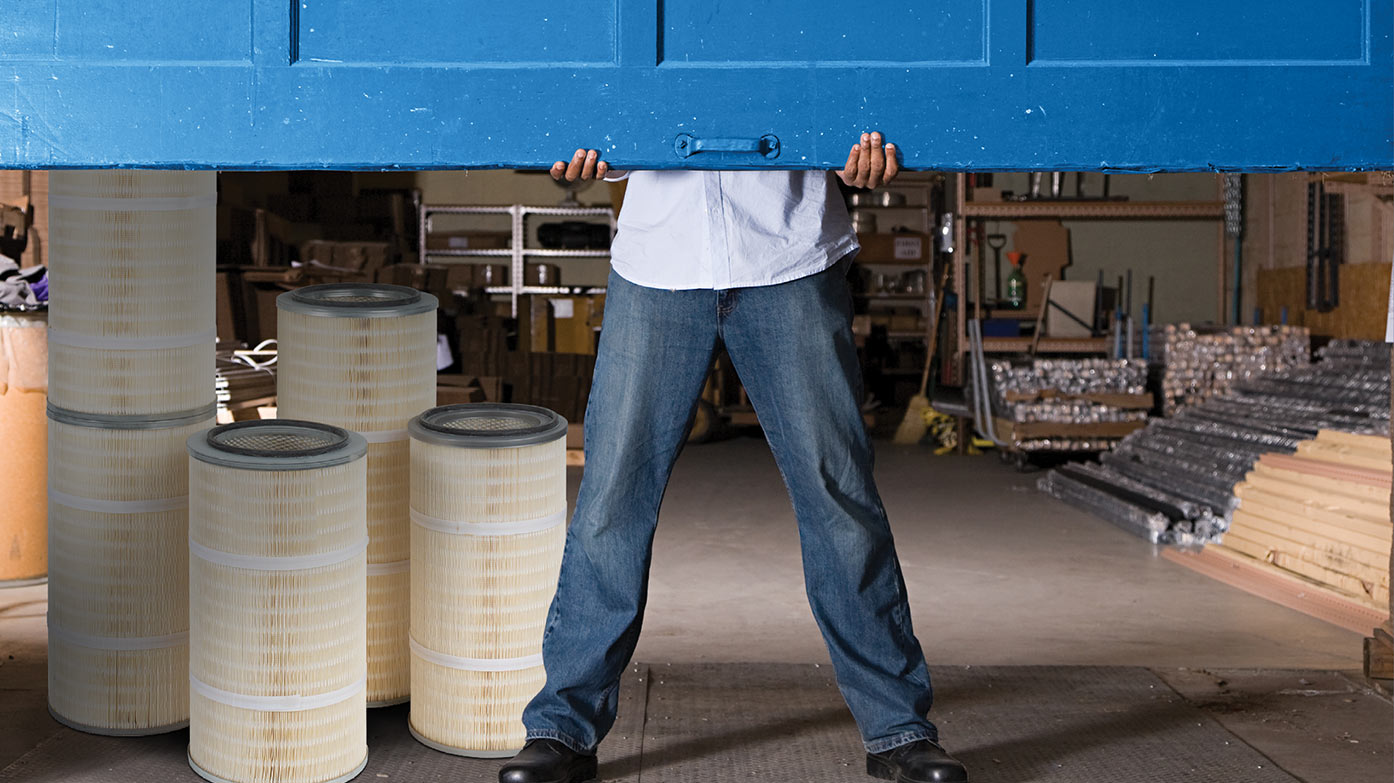Cold Weather and Indoor Air Quality (IAQ)
When the weather turns colder, indoor air quality (IAQ) can deteriorate. During the winter months, it is especially important to take care of your filters in both your dust collection system and your HVAC system.
Colder temperatures are associated with poor IAQ in manufacturing facilities. That’s because facilities generally close doors and windows tight in the winter months, sealing dust and particulates in. (The same thing can happen in the summer months if you keep doors and windows sealed for air conditioning.) With doors and windows shut, more particulate builds up in the air, reducing indoor air quality. Stagnant indoor air is also implicated in the spread of pathogens, including colds, flu and the coronavirus responsible for COVID-19. The winter months are known as “cold and flu season” in large part because people are spending more time with other people in indoor environments with inadequate ventilation and airflow.
There are a few things you can do to improve IAQ during the winter months:
- Maintain adequate airflow throughout the facility. As air is turned over in the facility, excess particulates are filtered out. Proper airflow and ventilation may also help to reduce the spread of viral pathogens like coronavirus.
- Check both dust collector and HVAC filters more frequently in the winter months. Change them if they show signs of becoming loaded to ensure adequate airflow and filtration.
- Make sure your dust collector pulsing system is working correctly.
- If IAQ is noticeably worse in the winter months, consider supplementing your HVAC system with portable air purifier units like the RoboVent PRC Series. These units can be equipped with HEPA filters to capture submicron particles, including bacteria, viruses and mold spores.
Taking these steps will help you maintain high indoor air quality during the winter months. It may also help keep your employees healthier during cold and flu season.
Contact Us With Your Questions!
SUBSCRIBE TO
BLOG UPDATES










